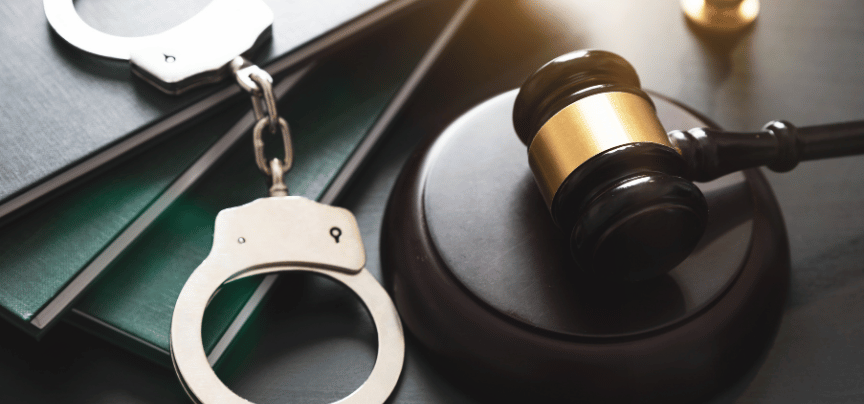
If you face criminal charges in Missouri, such as for allegedly committing a drug crime, you would do well to educate yourself about the fruit of the poisonous tree doctrine. As LawTeacher.net explains, this important legal doctrine could play a big part in the defense of your case.
“Fruit of the poisonous tree” is a metaphor that stands for the long-held American legal doctrine that when law enforcement officers gather evidence against you or any other criminal defendant, they must do so lawfully and without violating your constitutional rights. “Fruit” refers to the evidence they gather against you, and “poisonous tree” refers to the unconstitutional methods by which they go about gathering it.
The U.S. Supreme Court first hinted at the fruit of the poisonous tree concept in the 1886 case of Boyd v. United States. Supreme Court Justice Felix Frankfurter finally enunciated it 53 years later in the case of Nardone v. United States.
Fourth amendment guarantees
As old as the fruit of the poisonous tree doctrine is, your constitutional rights from which it flows are even older. Per the Fourth Amendment to the U.S. Constitution, you have the right to remain free from unreasonable governmental searches and seizures. While no overarching definition exists for what constitutes “unreasonable,” courts have long held that warrantless searches and seizures are unreasonable except in very special circumstances. Also keep in mind that a seizure refers not only to property that officers may seize from your person, home, car, etc., but also to your body. Hence if officers arrest you without having a warrant to do so, this may well constitute an unreasonable seizure.
If a court determines that officers used unconstitutional methods to obtain evidence against you, any such evidence they so obtained cannot be used against you in court to prove your guilt. This is the classic example of the fruit of the poisonous tree doctrine in action. The judge must throw all such evidence out of court. This is educational information only and not intended to provide legal advice.
